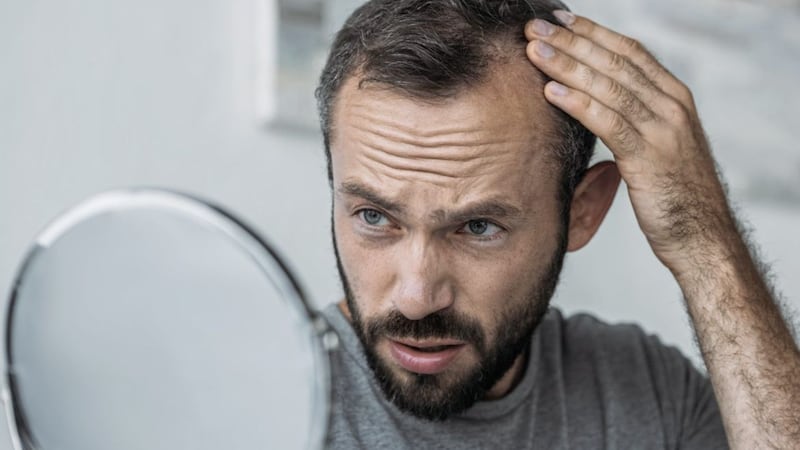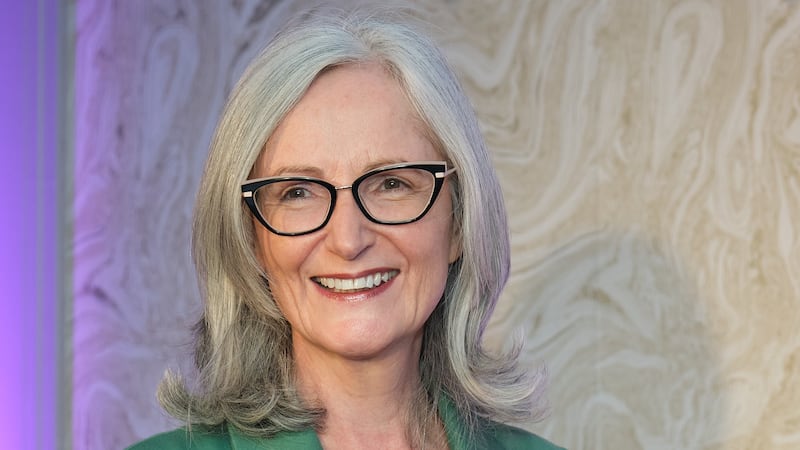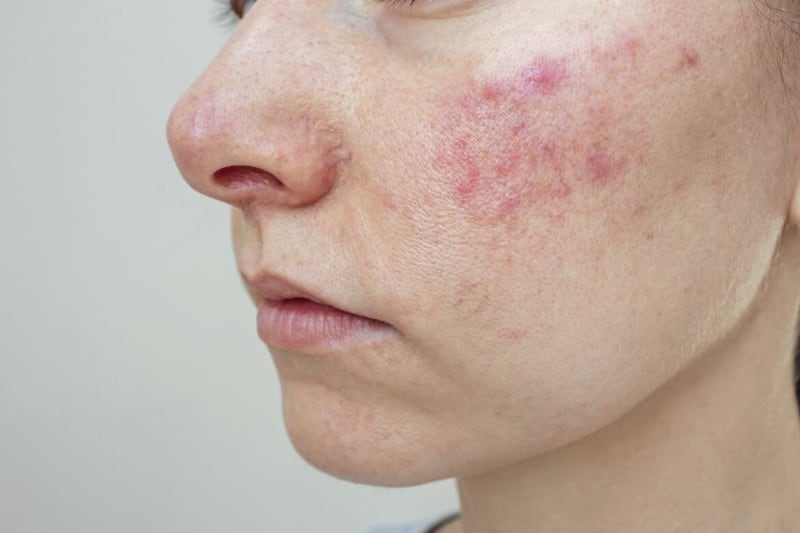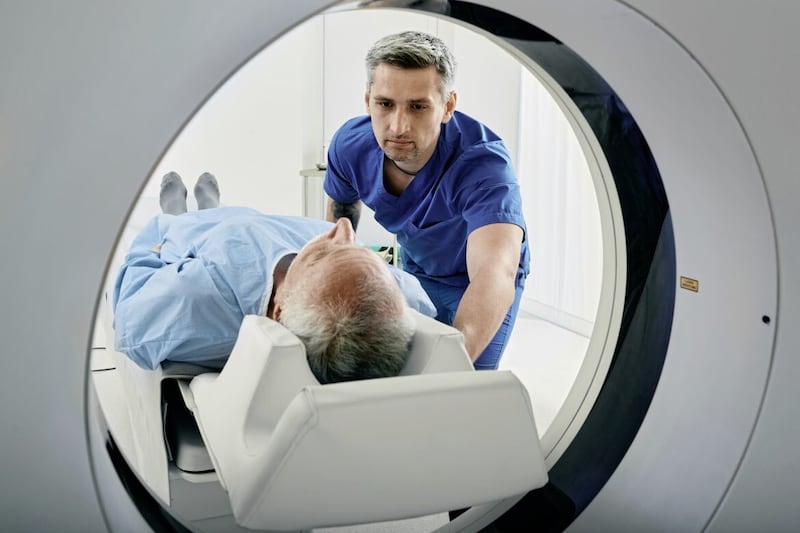Q: I have high blood pressure and, at first, I was prescribed four different tablets. I began to lose my hair so my doctor made me stop taking two of them and my hair grew back. But now I am losing my hair once more. Should my medications be changed again?
JA
A: HAIR loss can be a source of embarrassment, so you have my sympathy. There are many causes - it can be part of the ageing process, especially for men - but in your case it appears to have been the result of your blood pressure treatment.
Many drugs can trigger hair loss, including statins, immunosuppressants, antidepressants and, of course, those used in chemotherapy.
In general, medications that cause hair loss interfere with the normal cycle of hair growth. Each hair follicle goes through phases of growth, rest and shedding.
Normally, the follicles across your scalp will be in different phases so the hair looks healthy. But certain drugs synchronise the resting phase, which can lead to widespread hair loss.
In your longer letter you mention the two blood pressure drugs losartan and bendroflumethiazide, which you were prescribed at the time of your diagnosis. These are both associated with hair loss, and this is why your doctor made you stop taking them.
Afterwards your hair grew back, but now the hair loss has returned. This could have been hastened by ageing, as you say you have been taking these medicines for almost 20 years.
But we cannot dismiss the fact that the blood pressure drugs you are still taking - propranolol and amlodipine - can also cause hair loss. Usually this is reversible if you stop taking the drug in question.
However, this is only possible under the direction of a doctor, and when the medication is not vital.
In your case the focus of your treatment must be reducing your high blood pressure. This will protect your heart and brain, and ultimately save your life.
So while I understand the difficulties of living with hair loss, on balance, staying on effective medication remains the priority.
You could ask your GP about minoxidil, a drug that lowers blood pressure and has the side-effect of stimulating hair growth.
The drug is now also available as Regaine, an over-the-counter liquid that is rubbed into the scalp, albeit at a much lower dose than when used for high blood pressure.
You could enquire about being prescribed minoxidil as a blood pressure medication. This would involve taking another daily tablet, and could result in the dosages of your other drugs being reduced.
Alternatively, you could speak to your doctor about buying Regaine, which is available from most pharmacies and costs around £35 for a month's supply. It is crucial that you speak to your GP before using it, as it also lowers blood pressure.
Alongside minoxidil, you could also take a supplement containing vitamins B7, B12 and C along with iron, selenium and lysine, which are all key to hair follicle health.
It will take at least three months before you see a difference.
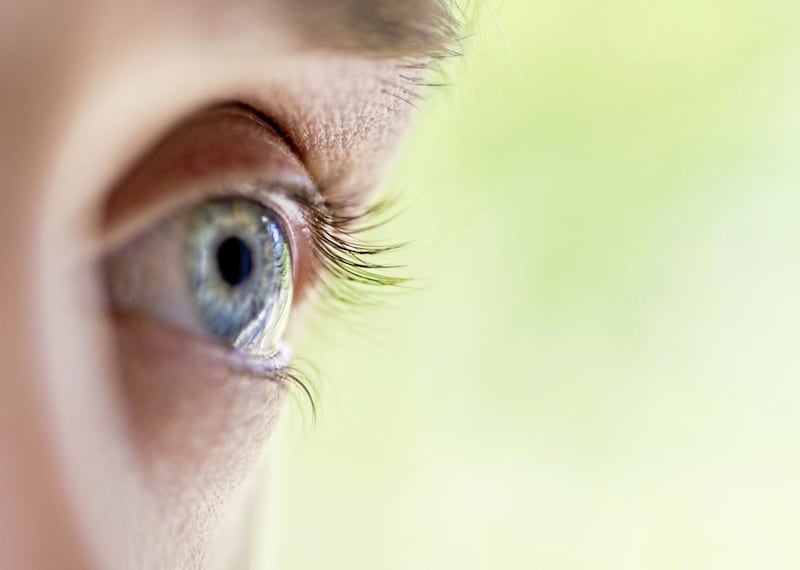
Q: I had a cataract removed last year, but I ended up with blurred vision afterwards. What do you think is going on?
MB
A: CATARACT surgery is the most common operation in the UK, and in more than 95 per cent of cases there is good post-operative vision. However, sadly this is not the case for everyone.
Cataracts form when the proteins in the eye's lens clump together, turning it cloudy. Sight becomes blurred and colours are washed out.
During the operation the clouded lens is replaced with an artificial one. However, in a very small proportion of patients, some of the outer cells of the old lens remain and grow back just behind the new lens implant, forming a cloudy membrane.
It is known as posterior capsule opacification (PCO), and I suspect that this is what has happened in your case. The symptoms are very similar to cataracts, and include blurred or hazy vision, seeing halos, floaters and having double vision.
It can be treated with a YAG laser capsulotomy, where a fine laser is used to cut away the cloudy membrane, and is available on the NHS and privately.
PCO usually develops months after the procedure, but as your decline in vision was immediate, it is worth considering other causes, such as age-related macular degeneration (AMD).
One of the first symptoms is blurred or distorted vision, and the treatment would depend on the type of AMD you may have.
Your blurred vision could also be the result of a complication of cataract surgery called cystoid macular oedema, where inflammation in the eye causes tiny swellings filled with fluid to form. It can be treated with steroid injections into the eye.
I suggest you make an appointment with your eye doctor, who should be able to confirm one of these possible causes and provide the appropriate next steps.
© Daily Mail
